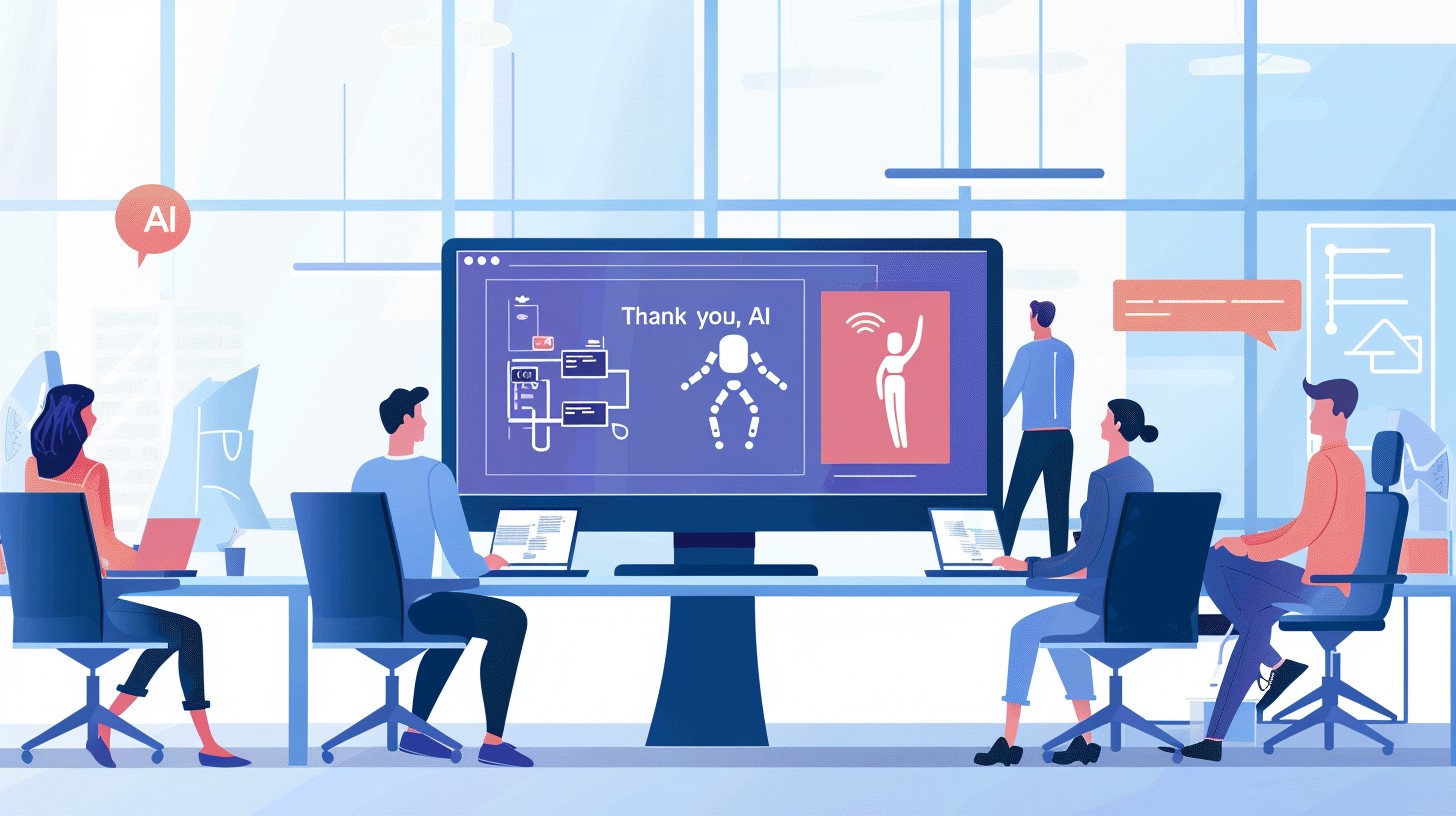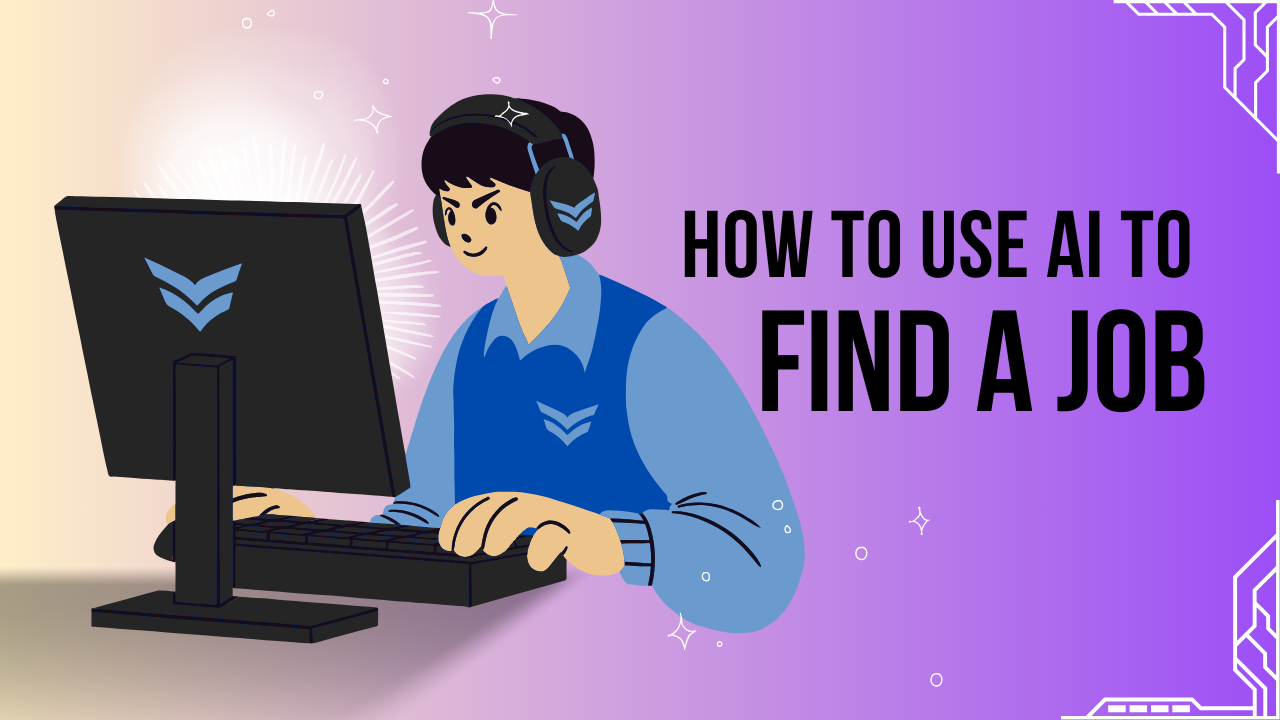Top 10 AI Trends Shaping the Future of Technology. Artificial intelligence (AI) is transforming nearly every industry, and its influence will only deepen as we approach 2025. From healthcare innovations to reshaping how businesses operate, AI is set to drive unprecedented changes. Below, we explore the top 10 AI trends shaping the future of technology, focusing on how they will impact different sectors and daily life.
1. AI-Driven Automation
AI-powered automation is eliminating repetitive tasks and minimizing human errors across multiple industries. In manufacturing, robots now perform tasks such as assembling and quality checking, reducing operational costs significantly.
| Industry | Tasks Automated by AI |
|---|---|
| Manufacturing | Assembly, Quality Control |
| Retail | Inventory Management |
| Customer Service | Chatbots, Support Automation |
Automation is now extending to administrative work in sectors like banking and healthcare. Through Robotic Process Automation (RPA), businesses automate routine tasks such as data entry and invoicing, freeing human resources for more complex problem-solving.
2. AI in Healthcare
Healthcare is experiencing a revolution due to AI’s capabilities in diagnostics, treatment planning, and even robotic surgery. AI algorithms can process vast amounts of medical data to predict diseases like cancer or heart failure with high accuracy.
Additionally, wearable devices are providing real-time health monitoring, allowing AI to offer preventive healthcare advice to patients.
External resource: How AI is transforming healthcare.
3. AI and Cybersecurity
As the digital landscape grows, cybersecurity threats become more sophisticated. AI is now essential in identifying and mitigating cyber threats. Machine learning models can detect patterns in network traffic to predict and neutralize attacks before they happen.
Moreover, AI-driven systems can respond to data breaches autonomously, protecting sensitive information in real-time.
| Cybersecurity Threat | AI Solution |
|---|---|
| Phishing Attacks | Email Pattern Detection |
| Malware | Behavioral Analytics |
| Insider Threats | Anomaly Detection |
4. AI in Finance
AI is increasingly crucial for the finance industry, primarily in fraud detection, customer insights, and algorithmic trading. Banks are using AI to analyze transactional patterns, detect anomalies, and prevent fraudulent activities.
In addition to security, AI helps in automating customer support through chatbots and personalized financial advice.
External resource: AI in financial services.
Table of Contents
5. AI-Enhanced Personalization
Personalization has become a crucial marketing tool, and AI is at the forefront of this trend. Companies like Netflix and Amazon use AI to analyze user preferences and recommend content or products.
By using AI-driven algorithms, companies can offer a personalized experience at scale, making interactions feel tailored for each user.
6. AI-Powered Smart Cities
AI is at the core of developing smarter cities through traffic management systems, environmental monitoring, and urban planning. Traffic lights, for instance, can adjust in real-time based on congestion patterns, reducing traffic jams and emissions.
Energy consumption in smart cities is also optimized with AI, lowering overall carbon footprints.
| Smart City Feature | AI-Powered Solution |
|---|---|
| Traffic Management | Real-time Traffic Data |
| Energy Optimization | Predictive Energy Use |
| Public Safety | AI Surveillance Systems |
External resource: How AI is shaping smart cities.
7. Top 10 AI Trends Shaping the Future of Technology
AI’s role in education is expanding, from creating personalized learning paths for students to providing virtual tutors. AI platforms analyze a student’s learning habits and adjust content to match their pace and understanding, making learning more effective.
With remote learning becoming more prevalent, AI tools such as automated grading and attendance tracking have simplified administrative tasks.
8. Natural Language Processing (NLP)
NLP is a subset of AI that allows computers to understand and generate human language. Virtual assistants like Google Assistant and Alexa use NLP to communicate with users and execute commands.
AI-driven customer support chatbots are now capable of understanding complex queries and resolving them efficiently, improving user experiences across industries.
External resource: Advancements in Natural Language Processing.
9. AI in Robotics
Robotics has always relied on AI for more autonomous and intelligent functioning. Robots used in industries like healthcare and logistics are now capable of complex decision-making processes, allowing them to perform tasks like surgery or warehouse sorting without human intervention.
As AI evolves, robots will increasingly take over dangerous and monotonous tasks, ensuring safety and improving productivity.
10. Ethical AI and Governance
As AI’s influence grows, so does the need for governance and ethical considerations. Ensuring that AI algorithms are transparent, unbiased, and fair will be paramount to its sustainable growth.
Government bodies and institutions are now drafting AI governance policies to regulate its use in sensitive areas such as law enforcement and healthcare.
Conclusion
AI is the driving force behind the next era of technological advancement. From healthcare and finance to education and smart cities, AI’s influence is reshaping every aspect of our lives. As we look toward 2025, the critical challenge will be ensuring that AI development remains ethical and sustainable, while maximizing its potential to enhance efficiency, personalization, and safety across industries.
FAQs
1. What industries will benefit most from AI by 2025?
Industries like healthcare, finance, and manufacturing will experience the most significant transformations due to AI, with improvements in automation, personalization, and security.
2. How is AI changing cybersecurity?
AI is helping detect and prevent cyber threats by analyzing patterns in data and identifying anomalies, making it harder for malicious activities to go unnoticed.
3. What is the role of AI in smart cities?
AI optimizes urban systems like traffic management, energy use, and public safety, creating more efficient and sustainable cities.
4. How will AI impact the job market?
While AI will automate repetitive tasks, it will also create new opportunities in AI development, maintenance, and ethics management.
5. Why is ethical AI development important?
As AI systems are integrated into more aspects of life, ensuring they are fair, transparent, and unbiased is essential to avoid harmful societal impacts




